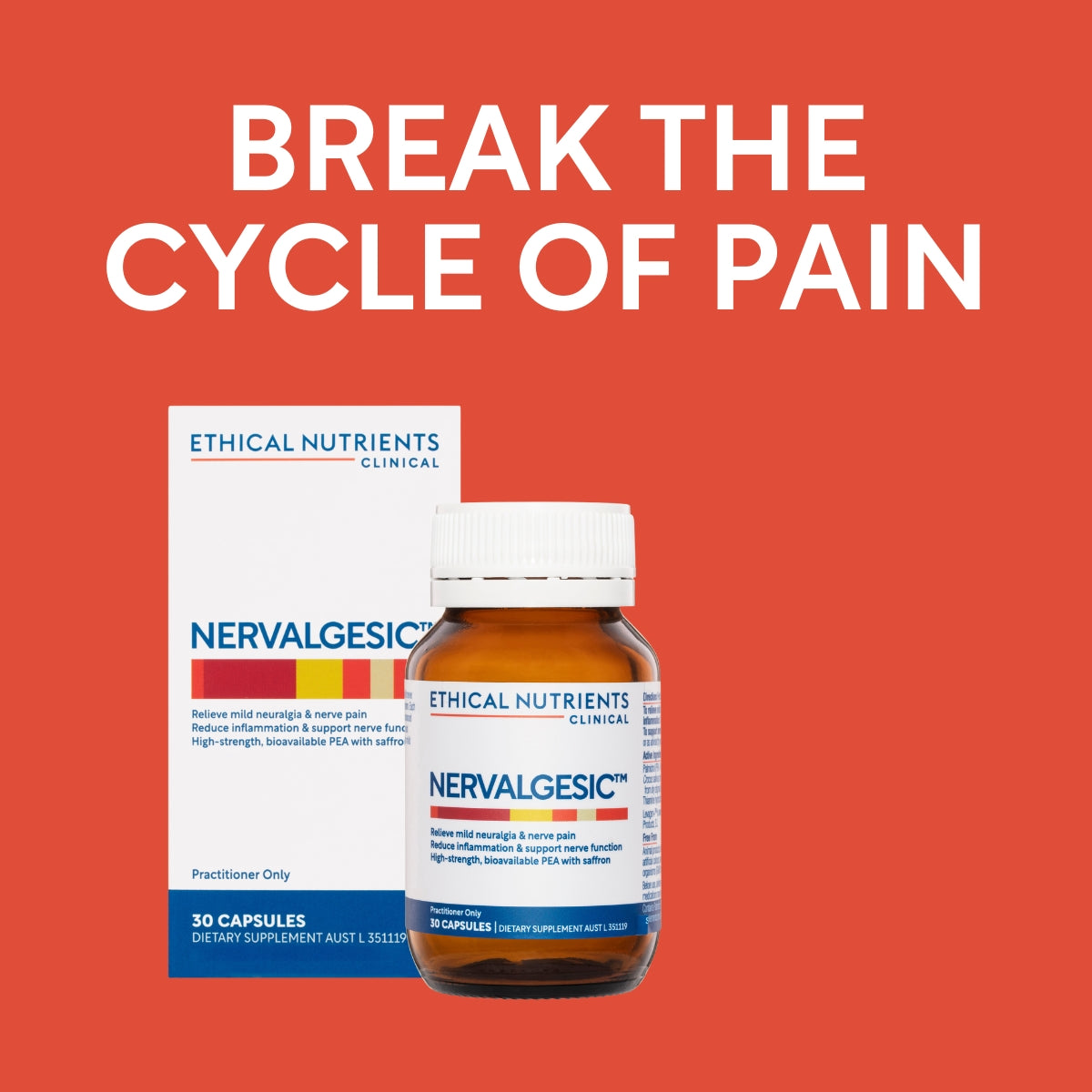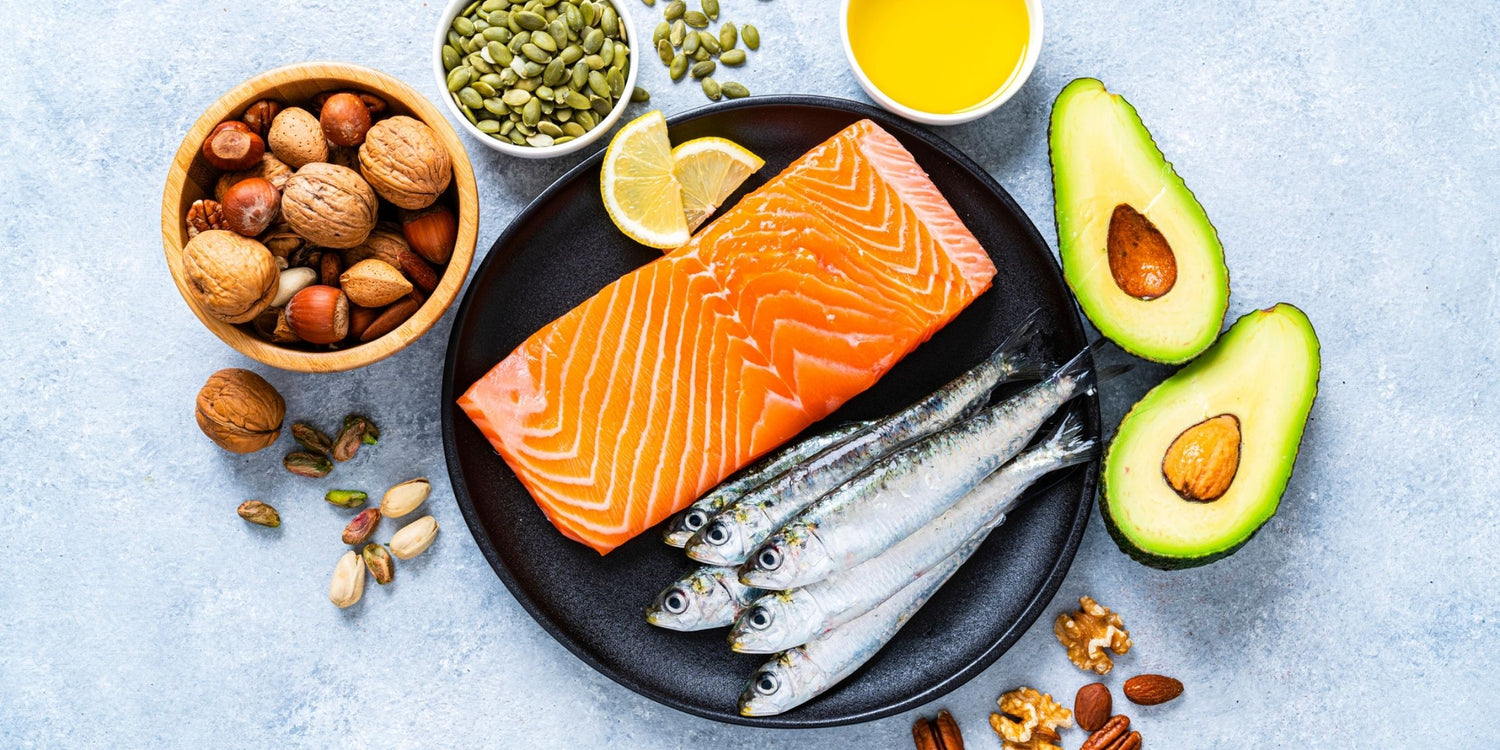What are minerals and what role do they play in the body?
Minerals are inorganic elements found in the earth and food that our bodies depend on to develop and function normally. They are not made by the body and therefore need to be consumed through the diet on a regular basis. Minerals are divided into two categories depending on how much the body needs. Macrominerals (or major minerals) are needed in larger amounts and include calcium, magnesium, sodium, chloride, sulphur, phosphorus and potassium. Microminerals, or trace minerals, are needed in smaller amounts, though they are no less important. This group includes iron, zinc, copper, manganese, selenium, molybdenum, fluoride and iodine.
Both types of minerals support a wide range of critical tasks in the body from building and maintaining strong bones and teeth to keeping the heart, muscles and nerves firing, healing wounds and turning the food we eat into energy.
How are minerals different from vitamins?
The body requires both vitamins and minerals to function properly. The difference is that vitamins are organic compounds made by plants and animals. Whereas minerals are inorganic compounds that originate from the earth and are obtained from water and soil. Minerals are absorbed by plants via the soil and consumed by animals, which is how we get them from the food we eat.
What are some of the important minerals the body needs?
Magnesium, zinc and iron are three key minerals that play essential roles in countless functions of the body.
Magnesium is an essential cofactor for over 300 metabolic reactions and plays an important role in the body’s structure. The numerous roles and benefits of magnesium include:1
- The metabolism of carbohydrates and fats to generate energy
- Supports muscle function
- Maintains a healthy nervous system
- Plays a structural role in bones, cell membranes and chromosomes
- Required for heart health
- Helps regulate calcium and assists with the activation of vitamin D
Magnesium is found in a variety of food sources including green leafy vegetables, legumes, nuts, fish, cereals, avocados and bananas.1 However, research shows that one in three people are not consuming enough magnesium for their body’s needs.2
Zinc is needed for various structural and regulatory functions in the body: 3,4
- Plays important roles in growth and development
- Builds proteins
- Supports immune function and wound healing
- Maintains both female and male reproductive health
- Involved in the senses of taste and smell
Meats, poultry and seafood are among the richest sources of zinc.3
Iron is an essential component of hundreds of proteins and enzymes that support:5
- The transport of oxygen – the body uses iron to make haemoglobin, the protein in red blood cells that carries oxygen around the body and myoglobin which provides oxygen to muscles.
- Required for energy production
- Needed to make some important hormones
- Normal growth and development
- Supports brain and nerve function
Iron is especially abundant in meat, poultry and seafood. It is also found in plant foods such as whole grains, nuts, seeds and leafy green vegetables, although plant-based iron is not absorbed as efficiently.5
Inadequate iron is the most common nutritional deficiency worldwide especially in children, those who are menstruating or pregnant and people with a diet lacking in iron,5 whereby iron supplements may be necessary.
What about the different forms of minerals in supplements – do they matter?
Magnesium, iron and zinc supplements are available for when you need to fill nutritional gaps in your diet or if you have specific health needs. But are they created equal? Minerals are usually bound to another compound like an amino acid to assist with their stability and absorption in the body. Some of these combinations are superior to others. For example, magnesium diglycinate (Meta Mag®) is an easily absorbed form of magnesium supplement that is also better tolerated when compared to other forms of magnesium, such as oxide and citrate.6,7 Magnesium diglycinate might be the preferred choice when looking for a magnesium supplement for muscle cramps or sleep support. Iron diglycinate (Meta Fe®) is an easily absorbed form of iron that is gentle on the stomach and might be preferable when looking for an iron supplement to reduce fatigue and support energy. Zinc diglycinate (Meta Zn®) is a superior and easily absorbed form of zinc to support a healthy immune system. Ethical Nutrients strive to provide quality, enhanced absorption ingredients in their products so you can get the most out of your supplements.
References
- Higdon J 2019, Magnesium, Linus Pauling Institute, Oregon State University, viewed 12 October 2022, <https://lpi.oregonstate.edu/mic/minerals/magnesium>
- Australian Bureau of Statistics 2015, Australian Health Survey: Usual Nutrient Intakes, 2011-12, viewed 12 October 2022, <https://www.abs.gov.au/statistics/health/health-conditions-and-risks/australian-health-survey-usual-nutrient-intakes/latest-release>
- Higdon J 2019, Zinc, Linus Pauling Institute, Oregon State University, viewed 12 October 2022, <https://lpi.oregonstate.edu/mic/minerals/zinc>
- NHMRC 2014, Zinc, viewed 12 October 2022, <https://www.nrv.gov.au/nutrients/zinc>
- Higdon J 2019, Iron, Linus Pauling Institute, Oregon State University, viewed 12 October 2022, <https://lpi.oregonstate.edu/mic/minerals/iron#deficiency-risk>
- Graff D 2000, ‘Bioavailability of magnesium chelazome®’, Research Notes, vol 9, no 1, pp2-3
- Hartle JW, Morgan S, Poulsen T 2016, ‘Development of a model for in-vitro comparative absorption of magnesium from five magnesium sources commonly used as dietary supplements’ FASEB Journal, vol 128, no 6






